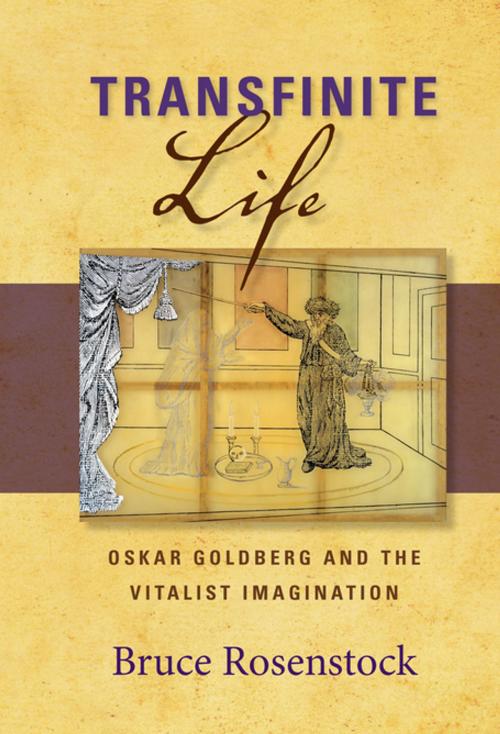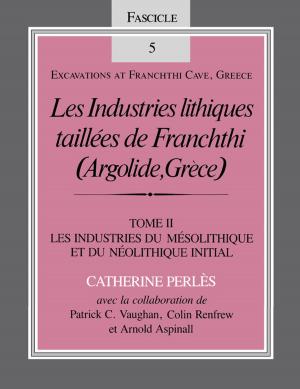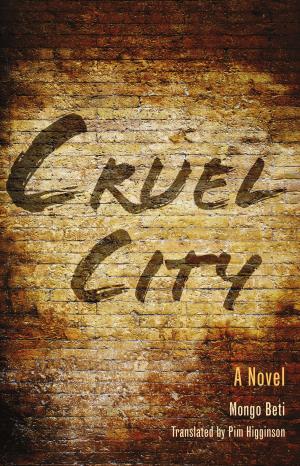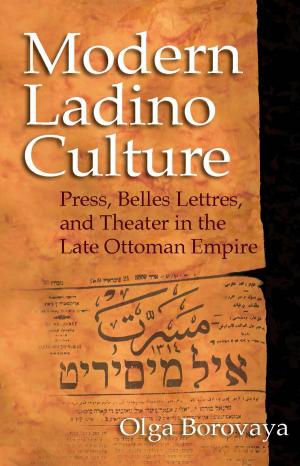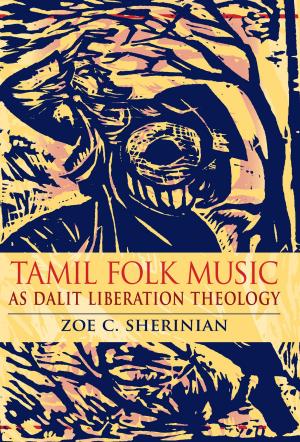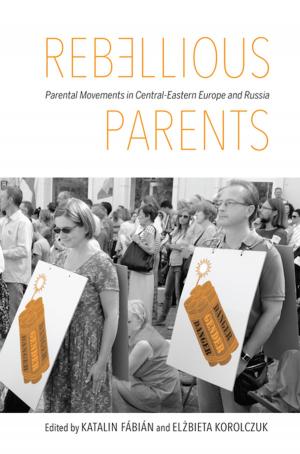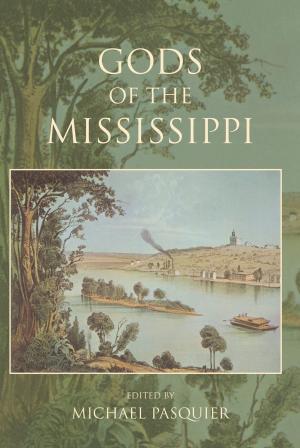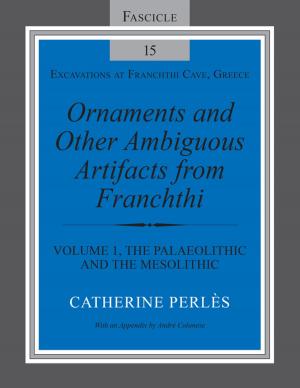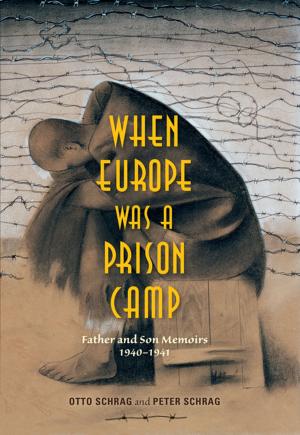Transfinite Life
Oskar Goldberg and the Vitalist Imagination
Nonfiction, Religion & Spirituality, Philosophy, Religious, Political| Author: | Bruce Rosenstock | ISBN: | 9780253030160 |
| Publisher: | Indiana University Press | Publication: | June 6, 2017 |
| Imprint: | Indiana University Press | Language: | English |
| Author: | Bruce Rosenstock |
| ISBN: | 9780253030160 |
| Publisher: | Indiana University Press |
| Publication: | June 6, 2017 |
| Imprint: | Indiana University Press |
| Language: | English |
Oskar Goldberg was an important and controversial figure in Weimar Germany. He challenged the rising racial conception of the state and claimed that the Jewish people were on a metaphysical mission to defeat race-based statism. He attracted the attention of his contemporaries--Walter Benjamin, Gershom Scholem, Thomas Mann, and Carl Schmitt, among others--with the argument that ancient Israel's sacrificial rituals held the key to overcoming the tyranny of technology in the modern world. Bruce Rosenstock offers a sympathetic but critical philosophical portrait of Goldberg and puts him into conversation with Jewish and political figures that circulated in his cultural environment. Rosenstock reveals Goldberg as a deeply imaginative and broad-minded thinker who drew on biology, mathematics, Kabbalah, and his interests in ghost photography to account for the origin of the earth. Caricatured as a Jewish proto-fascist in his day, Goldberg's views of the tyranny of technology, biopolitics, and the "new vitalism" remain relevant to this day.
Oskar Goldberg was an important and controversial figure in Weimar Germany. He challenged the rising racial conception of the state and claimed that the Jewish people were on a metaphysical mission to defeat race-based statism. He attracted the attention of his contemporaries--Walter Benjamin, Gershom Scholem, Thomas Mann, and Carl Schmitt, among others--with the argument that ancient Israel's sacrificial rituals held the key to overcoming the tyranny of technology in the modern world. Bruce Rosenstock offers a sympathetic but critical philosophical portrait of Goldberg and puts him into conversation with Jewish and political figures that circulated in his cultural environment. Rosenstock reveals Goldberg as a deeply imaginative and broad-minded thinker who drew on biology, mathematics, Kabbalah, and his interests in ghost photography to account for the origin of the earth. Caricatured as a Jewish proto-fascist in his day, Goldberg's views of the tyranny of technology, biopolitics, and the "new vitalism" remain relevant to this day.
